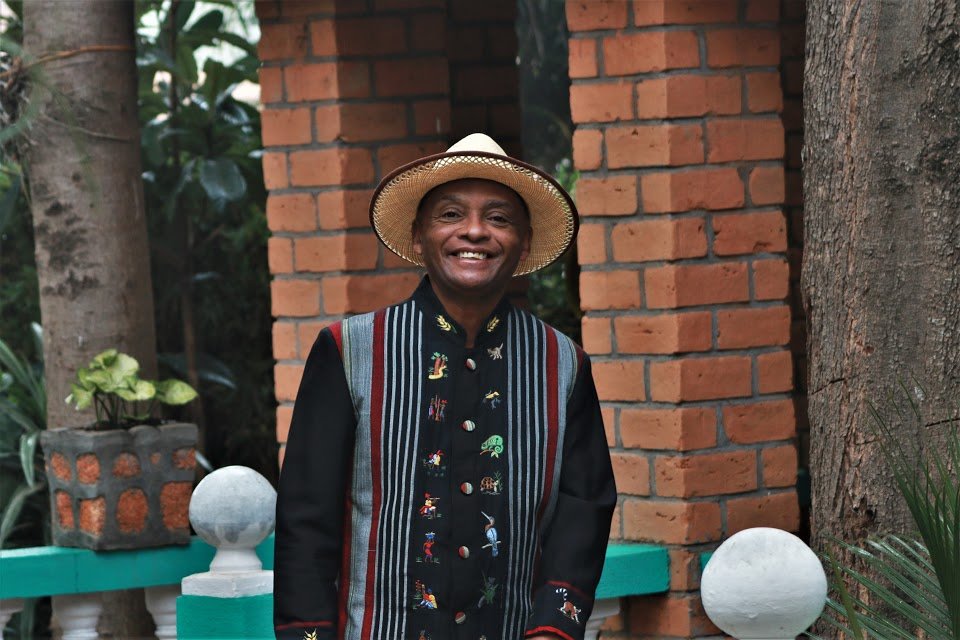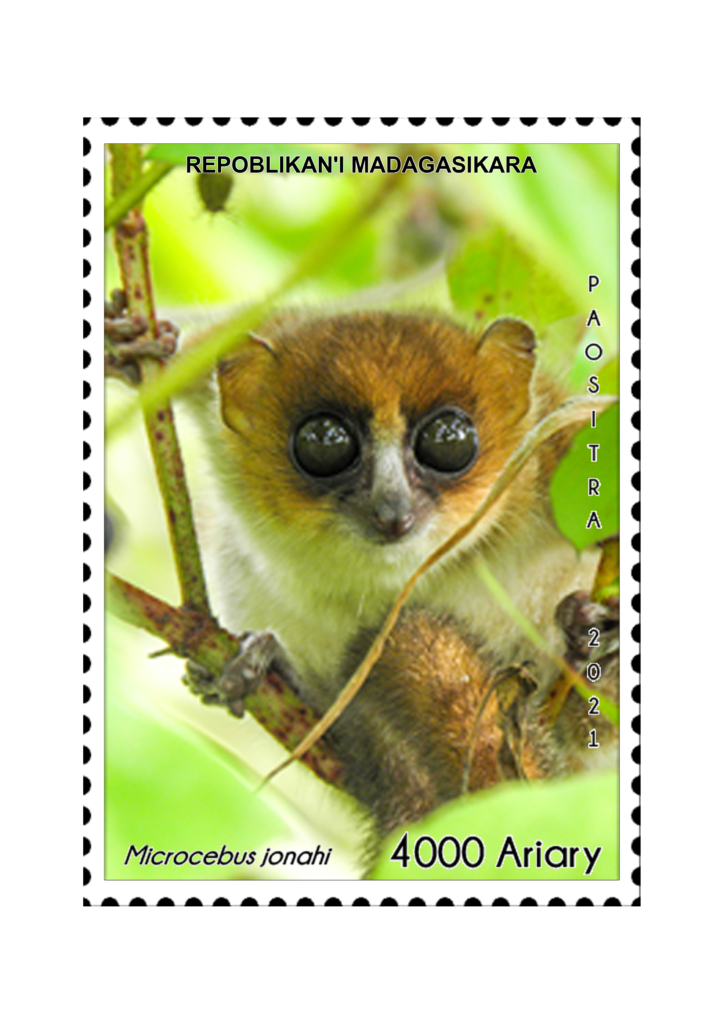


Can you tell us about your work on adaptation?
The island of Madagascar is considered as the sanctuary of recent biodiversity through its notable fauna and flora. However, Madagascar suffers from habitat loss and the degradation of the environment caused by human activities. The GERP association, which I am the president, aims to conduct researches on studying lemurs and their habitats with both national and international researcher team experts from various fields (ecologists, biologists, socio-economists, etc.).
Additionally, as conservation is a collective task, we also work together with the authorities, stakeholders and the local communities as well. Climate change may affect the forests and the habitats of lemurs. Therefore, many lemur species may respond differently to the changes. That is why in our study we would like to monitor how lemurs adapt to climate change by observing their behavior.


Which area of your work (theme etc.) do you think includes the concept of transformation?
Reforestation is an important component of our conservation activities. For instance, in the Manombo Forest in the Southeast of Madagascar, my team leads a reforestation project and has planted more than 100,000 trees over the last three years. I firmly believe that reforestation provides benefits to lemurs and the local communities as well.

How do you see this contributing to finding best practices to tackling climate change?
In Madagascar, deforestation is the main cause of soil erosion and drought. Currently, thousands of people in the Southeast of Madagascar have fled to other regions because of the drought. In addition to that, so many people died because of the high levels of malnutrition. The effects of climate change make the situation more difficult, but a large scale of reforestation could help to decrease the vulnerability of these communities.
More about Prof. Jonah Ratsimbazafy:
Prof. Jonah Ratsimbazafy is a native of Madagascar. He received his PhD in Physical Anthropology from the State University of New York at Stony Brook. He is an Adjunct Professor at the University in Madagascar. Currently, he is the President of the International Primatological Society (IPS). He is also the President of the Madagascar Primate Research Group (GERP), the Director of the Houston Zoo Madagascar Programs, a co-Vice-Chair of the IUCN/SSC Primate Specialist Group-Madagascar, a National Geography Explorer, counselor of the Lemur Conservation Network, a member of the advisory board for African Primatological Society (APS) and a representative of CITES. He is a fellow member of the African Academic of Sciences (AAS) and the World Academic of Sciences (TWAS).